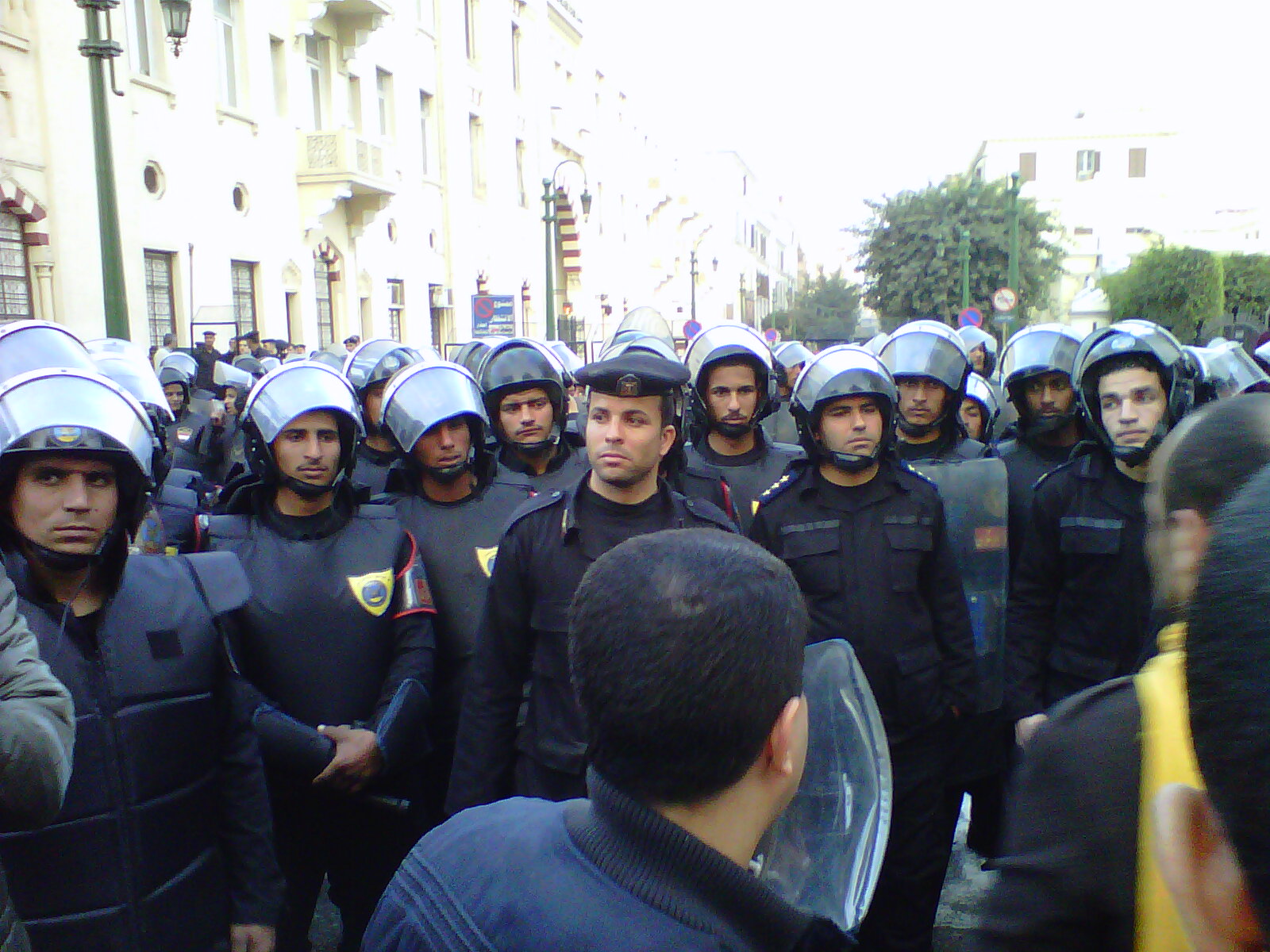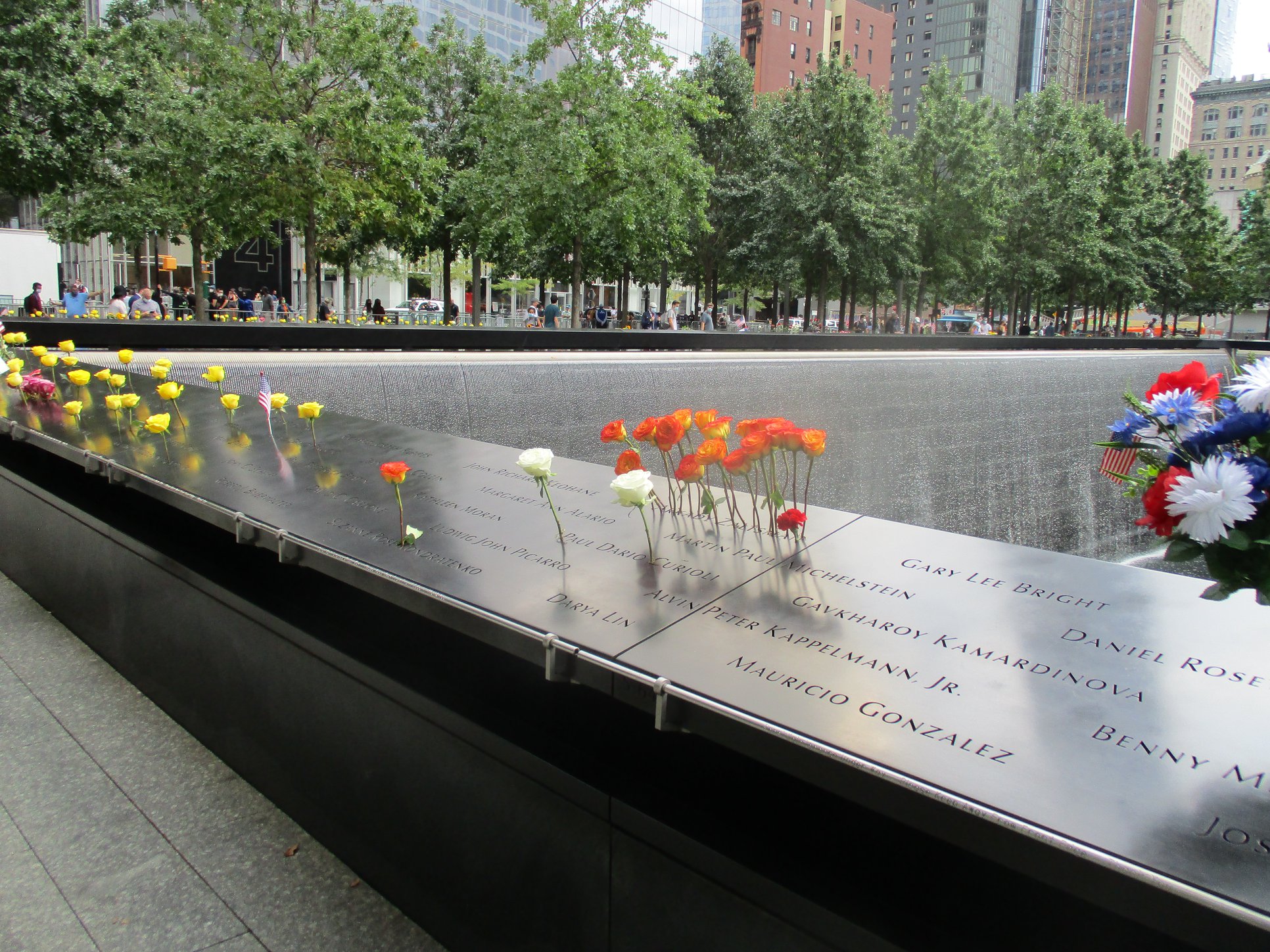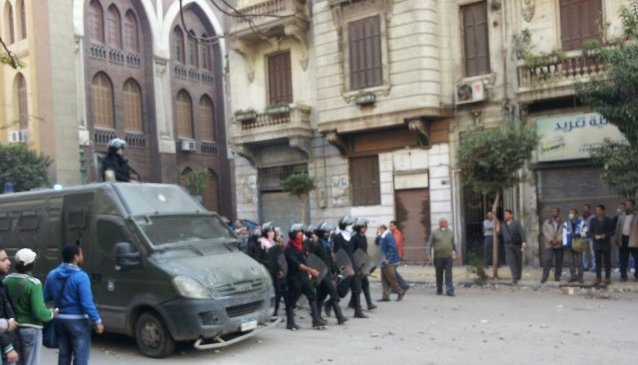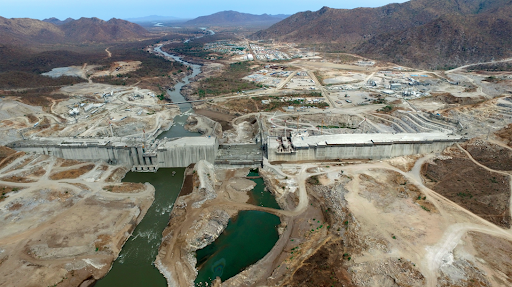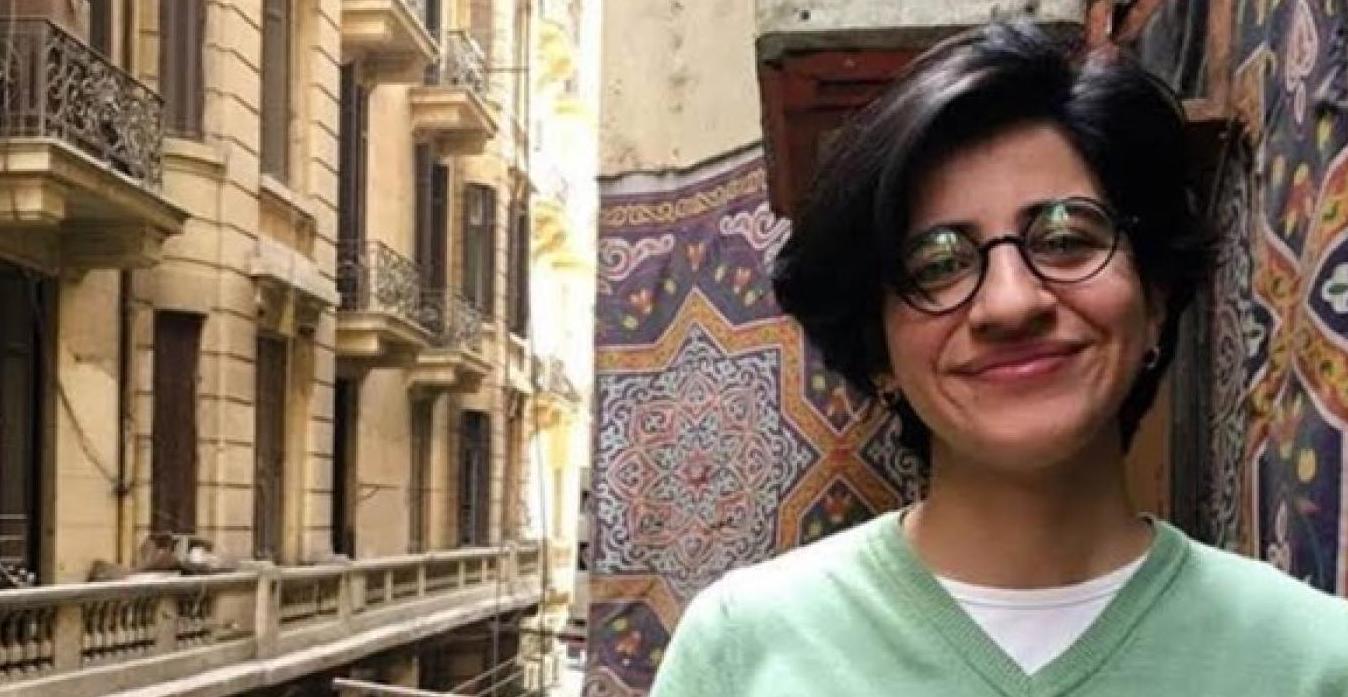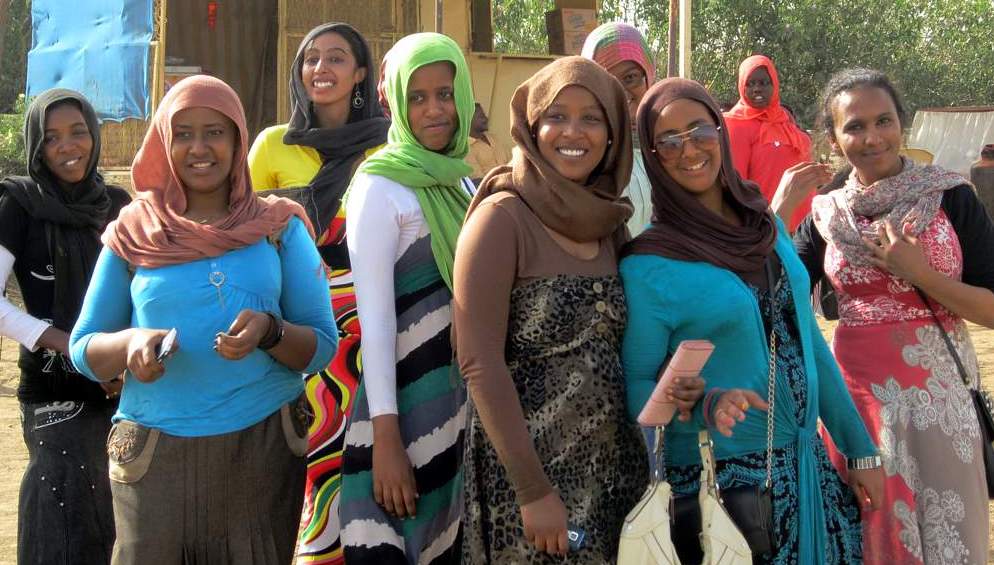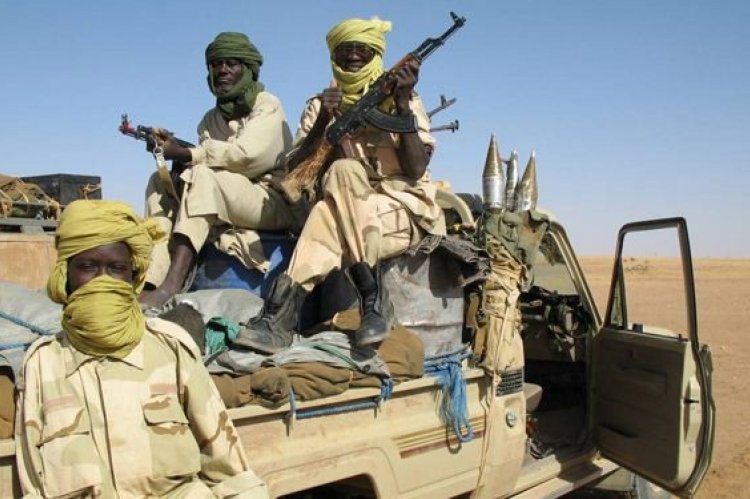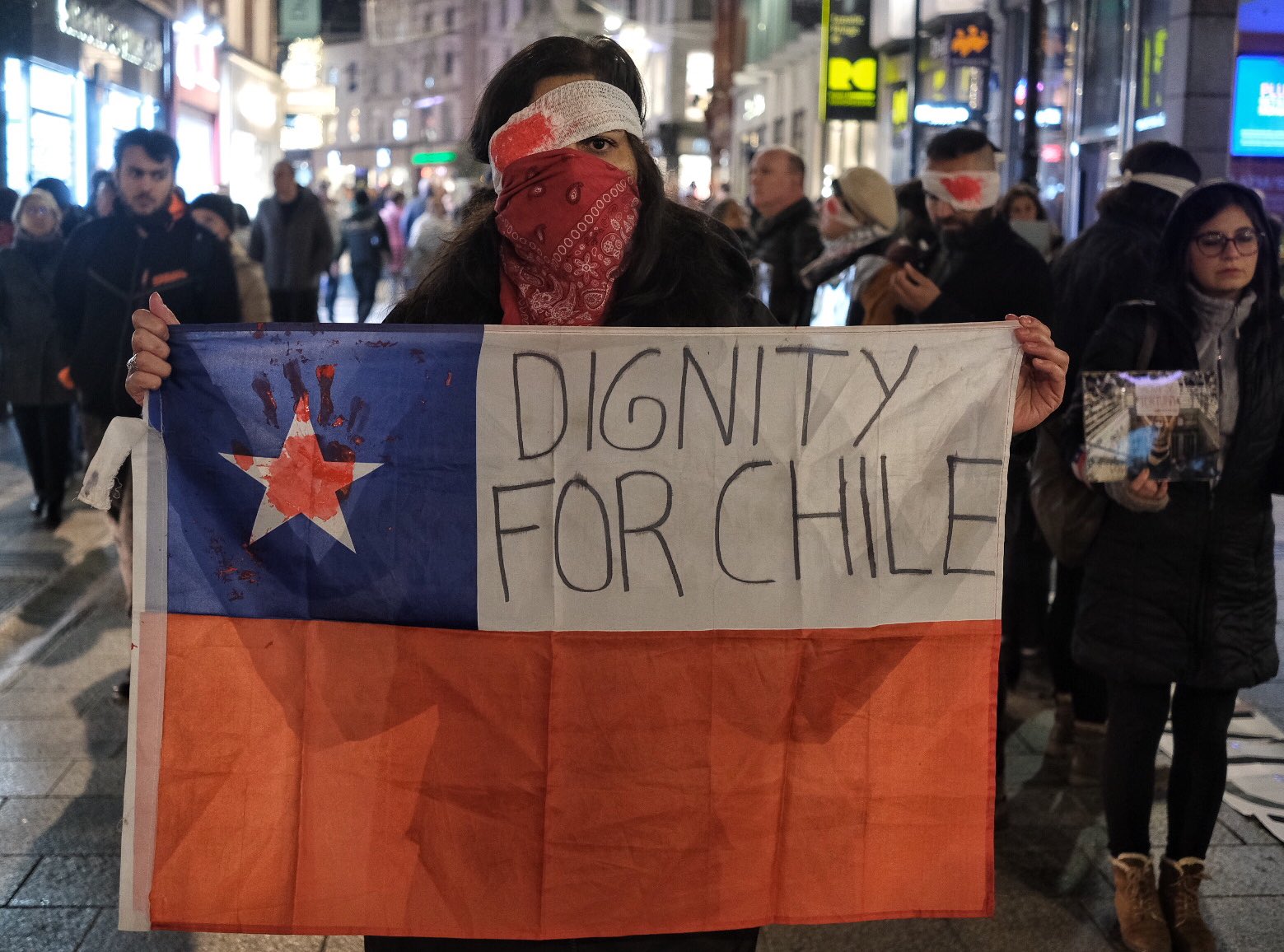Egypt: prison term for activist Alaa Abdel Fattah —again
An Egyptian court sentenced prominent activist Alaa Abd El Fattah to five years in prison after he was convicted on charges of “spreading false news” and “undermining national security.” Alongside Abd El Fattah, the Emergency State Security Court also sentenced human rights lawyer Mohamed El-Baqer and blogger Mohammed “Oxygen” Ibrahim to four years each. All three defendants faced charges concerning their social media posts on human rights violations. Both Abd El Fattah and El-Baqer had been held in pretrial detention for more than the legal limit of two years. Verdicts issued by the emergency court cannot be appealed. Human rights groups have criticized the use of “emergency trials,” due process violations, and general repression of freedom of expression in Egypt under President Abdel Fattah al-Sisi’s government. (Photo: Amnesty International)




